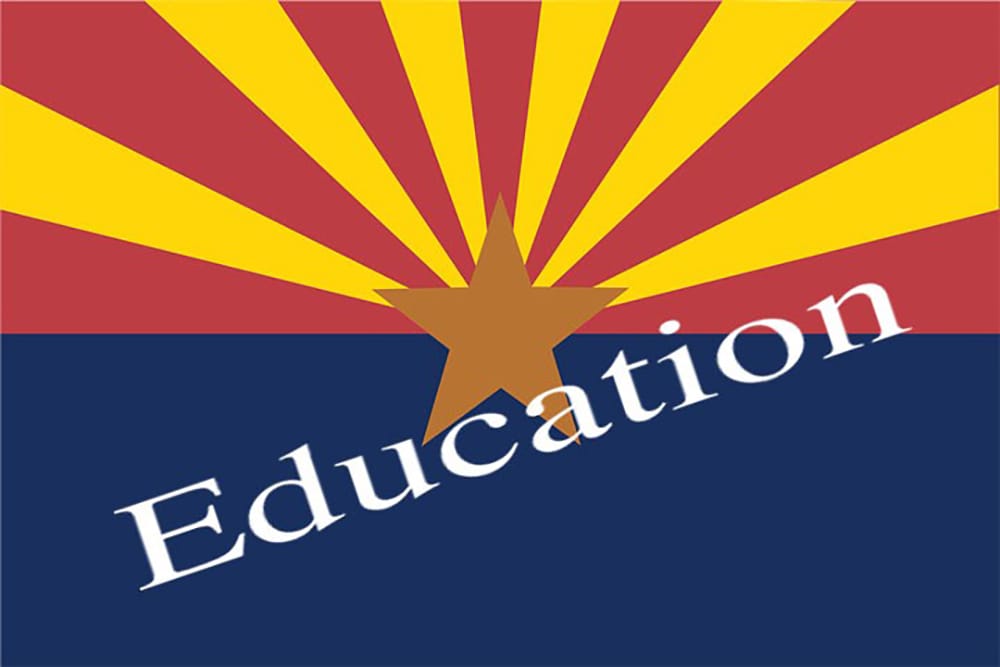By Mary Jo Pitzl | Arizona Republic
School advocates are sweating at the prospect of catastrophic budget cuts next month, while lawmakers — who can eliminate the problem with a single vote — have shown little urgency on the matter.
Meanwhile, school boards statewide are sketching out scenarios on how they would handle a 16% budget cut beginning in March. Options are limited, school officials say, and most certainly would include larger class sizes, layoffs and likely an early end to a school year that typically concludes in late May.
Statewide testing in April might not happen; graduation ceremonies could get canceled to save a few bucks.
“We’ll have to close the school year,” said Michael Wright, superintendent of the Blue Ridge Unified School District in eastern Arizona. “It’s just a question of when.”
Underlying the dire scenarios is the hope that lawmakers will ultimately decide to waive the aggregate school expenditure limit by a mandatory March 1 deadline. That would require a two-thirds vote in both the House and Senate, as has happened twice before in the early 2000s with little drama.
But this time, the drama is approaching cliffhanger status.
Republicans say they won’t even consider a waiver until a Maricopa County Superior Court judge rules Proposition 208, a tax increase to fund schools, unconstitutional.
They worry that if they lift the spending cap for school budgets prior to that, the judge could reason that the Legislature could also exempt money raised by Proposition 208 from the spending limit, even though the Supreme Court has found otherwise.
It’s a game of chicken between lawmakers and Judge John Hannah, who ignored pleas from GOP leaders and the state Department of Revenue to rule by Jan. 21. A status conference in the case is scheduled for Monday morning.
Planning and plotting at the Legislature
Meanwhile, Democrats in the Legislature are making daily speeches outlining how much money specific districts would have to cut, and warning about what’s at stake if budgets are cut by a cumulative $1.2 billion.
School boards are meeting to outline how they would downsize if the March 1 deadline, written in law, comes and goes without a waiver.
And some Republican lawmakers are quietly looking at how they can leverage this debate to get concessions from Democrats on other education measures, such as expanding the state’s school voucher program or reforming what many agree is an outdated expenditure limit policy.








